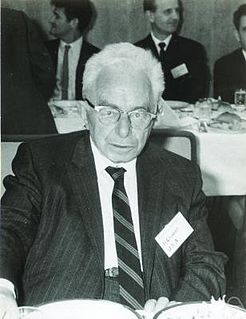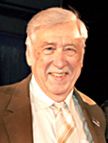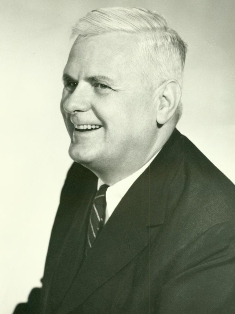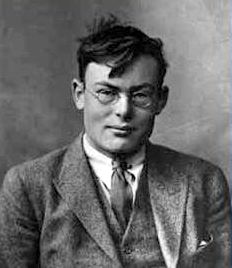A Quote by William Godwin
The subtleties of mathematics defecate the grossness of our apprehension, and supply the elements of a sounder and severer logic.
Quote Topics
Related Quotes
The principles of logic and mathematics are true simply because we never allow them to be anything else. And the reason for this is that we cannot abandon them without contradicting ourselves, without sinning against the rules which govern the use of language, and so making our utterances self-stultifying. In other words, the truths of logic and mathematics are analytic propositions or tautologies.
His musical inspiration operates in a world uncluttered by conventional bar lines, conventional chord changes, and conventional ways of blowing or fingering a saxophone. Such practical 'limitations' did not even have to be overcome in his music; they somehow never existed for him. Despite this - or more accurately, because of this - his playing has a deep inner logic. Not an obvious surface logic, it is based on subtleties of reaction, subtleties of timing and color that are, I think, quite new to jazz - at least they have never appeared in so pure and direct a form.
...mathematics is distinguished from all other sciences except only ethics, in standing in no need of ethics. Every other science, even logic, especially in its early stages, is in danger of evaporating into airy nothingness, degenerating, as the Germans say, into an arachnoid film, spun from the stuff that dreams are made of. There is no such danger for pure mathematics; for that is precisely what mathematics ought to be.
Mathematics as an expression of the human mind reflects the active will, the contemplative reason, and the desire for aesthetic perfection. Its basic elements are logic and intuition, analysis and construction, generality and individuality. Though different traditions may emphasize different aspects, it is only the interplay of these antithetic forces and the struggle for their synthesis that constitute the life, usefulness, and supreme value of mathematical science.
We know that mathematicians care no more for logic than logicians for mathematics. The two eyes of science are mathematics and logic; the mathematical set puts out the logical eye, the logical set puts out the mathematical eye; each believing that it sees better with one eye than with two. Note that De Morgan, himself, only had sight with only one eye.






































